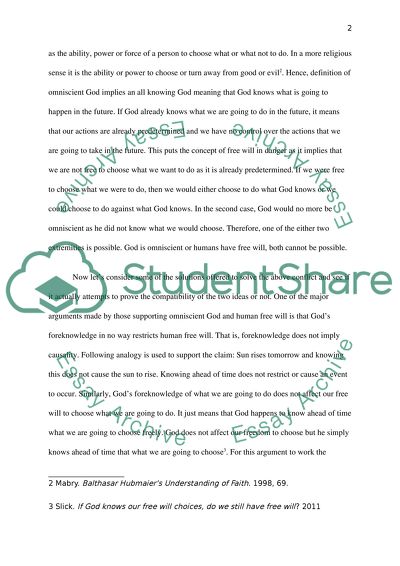Cite this document
(“God's Omniscience and Human Free Will - Contradiction Essay”, n.d.)
God's Omniscience and Human Free Will - Contradiction Essay. Retrieved from https://studentshare.org/philosophy/1447770-do-you-think-there-is-any-way-to-solve-the
God's Omniscience and Human Free Will - Contradiction Essay. Retrieved from https://studentshare.org/philosophy/1447770-do-you-think-there-is-any-way-to-solve-the
(God'S Omniscience and Human Free Will - Contradiction Essay)
God'S Omniscience and Human Free Will - Contradiction Essay. https://studentshare.org/philosophy/1447770-do-you-think-there-is-any-way-to-solve-the.
God'S Omniscience and Human Free Will - Contradiction Essay. https://studentshare.org/philosophy/1447770-do-you-think-there-is-any-way-to-solve-the.
“God'S Omniscience and Human Free Will - Contradiction Essay”, n.d. https://studentshare.org/philosophy/1447770-do-you-think-there-is-any-way-to-solve-the.


